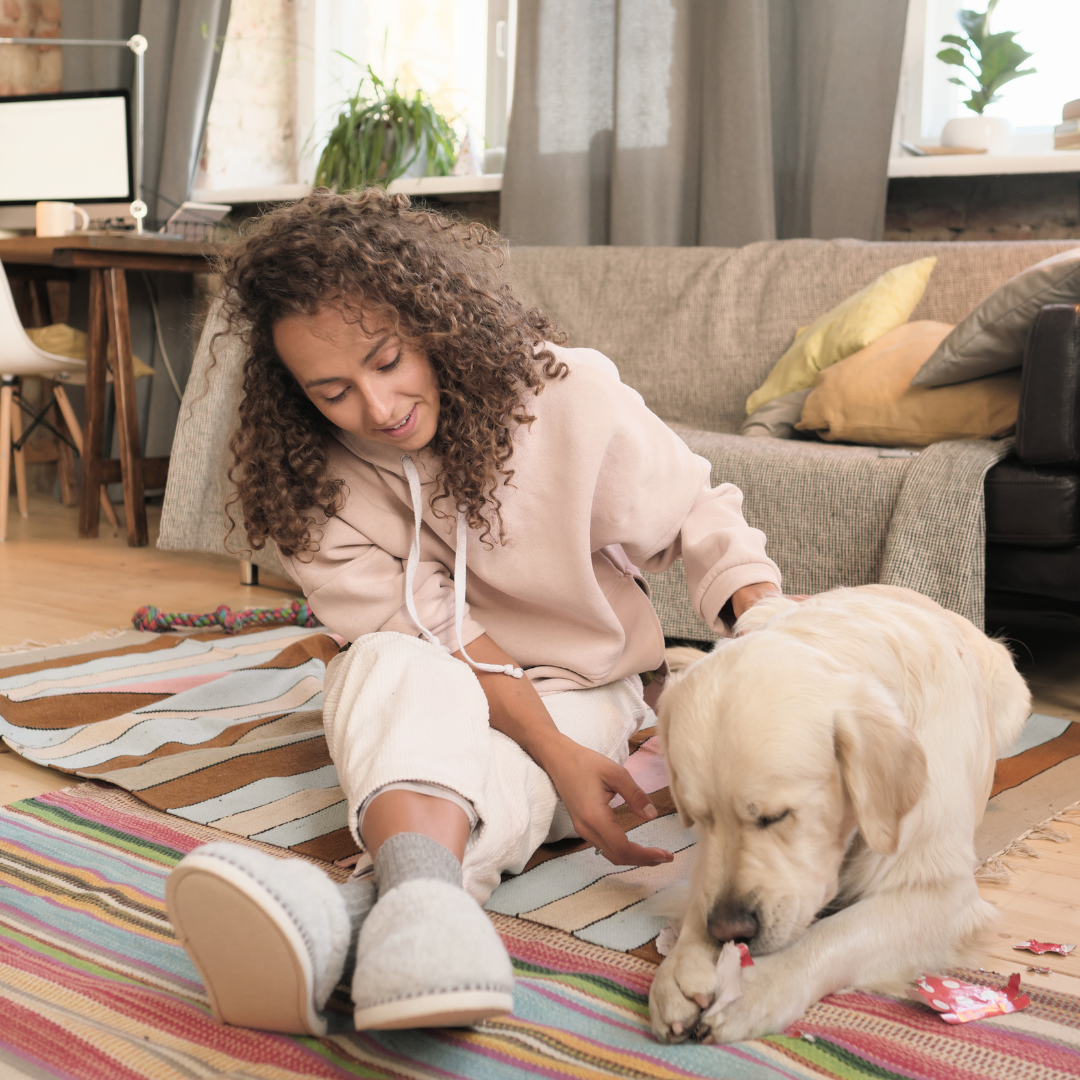Being a pet owner is a big responsibility, one that requires dedication, time, and effort. It’s not just about providing food and shelter for your furry friend, but about ensuring their health, safety, and overall well-being. Whether you have a dog, cat, bird, or any other type of pet, being a responsible pet owner is essential to ensure that you and your pet can enjoy a happy, healthy life together.
Here are some tips to help you be a responsible pet owner:
1. Provide proper nutrition
It’s important to feed your pet a balanced and nutritious diet to maintain their health. Consult with a veterinarian to determine the right type and amount of food for your pet, and make sure to provide fresh water at all times.
2. Exercise and play
Regular exercise and play are important for maintaining your pet’s physical and mental health. Dogs need daily walks, while cats need toys and scratching posts to keep them active. Make sure to provide enough opportunities for your pet to move and play to keep them happy and healthy.
3. Regular veterinary check-ups
Regular visits to the vet are essential to detect and prevent any potential health issues. Make sure to keep up-to-date with vaccinations and flea and tick preventatives, and have your pet checked annually, or more frequently if they have any underlying health conditions.
4. Provide proper housing
It’s important to provide your pet with a comfortable and safe living environment. Make sure their housing is appropriate for their size and breed, and provide bedding for them to rest on.
5. Train and socialize
Training and socialization are important for your pet’s development and well-being. Teach them basic commands and socialize them with other animals and people to help them become well-behaved and confident pets.
6. Identification and licensing
Make sure to have your pet properly identified with a collar and tag, and consider microchipping them for added protection. Make sure to also obtain the necessary licenses for your pet, as required by your local government. To do this, you will need to check what you need not just for your kind of pet, but the specific breed they are. A harlequin cat is very different to a labrador, after all, so it’s vital that you double check this.
7. Prevent and control parasites
Fleas, ticks, and other parasites can cause serious health problems for your pet. Make sure to use preventatives to control these pests and keep your pet healthy.
8. Spay or neuter
Spaying or neutering your pet can help prevent pet overpopulation and reduce the risk of certain health problems. Consult with your vet to determine the best time to spay or neuter your pet.
9. Provide proper grooming
Regular grooming is important to keep your pet’s coat and skin healthy and to prevent matting and skin irritations. Make sure to brush your pet regularly and provide them with regular baths to keep them clean and healthy.
10. Love and attention
Be sure to provide your pet with plenty of love and attention. Spend time playing with them, cuddling with them, and showing them affection. This will help build a strong bond between you and your pet, and ensure that they are happy and content.

What To Expect When Getting A Dog
Getting a dog is a big decision and a long-term commitment. Here are some things to consider when getting a dog:
- Time commitment: Dogs require a significant amount of time and attention. From walking and playing to feeding and grooming, you’ll need to allocate time every day to take care of your dog.
- Training and socialization: Training and socialization are important for your dog’s development and well-being. Be prepared to invest time and effort into training your dog and socializing them with other animals and people.
- Cost: Owning a dog is not cheap. From food and veterinary care to grooming and toys, you’ll need to budget for various expenses. For example, you may want to find out if spinach is good for your dog when you want to vary their diet. Consider the cost of ownership before getting a dog.
- Exercise needs: Dogs need regular exercise to stay healthy and happy. Make sure you have the time and energy to provide your dog with enough physical activity every day.
- Living arrangements: Make sure your living arrangements are suitable for a dog. Consider factors such as space, access to a yard, and proximity to parks and walking trails.
- Energy level: Different breeds of dogs have different energy levels. Consider your lifestyle and energy level when choosing a dog to make sure you’re able to keep up with their needs.
- Behavioral issues: Some dogs may have behavioral issues, such as barking, chewing, or aggression. Be prepared to seek professional help if necessary to address any behavioral problems.
By considering these factors, you’ll be able to make an informed decision about whether getting a dog is right for you and your lifestyle.
In Closing
Being a responsible pet owner requires effort, time, and dedication. By following these tips, you can ensure that your pet is happy, healthy, and well-cared for and that you can enjoy a long and happy life together.



